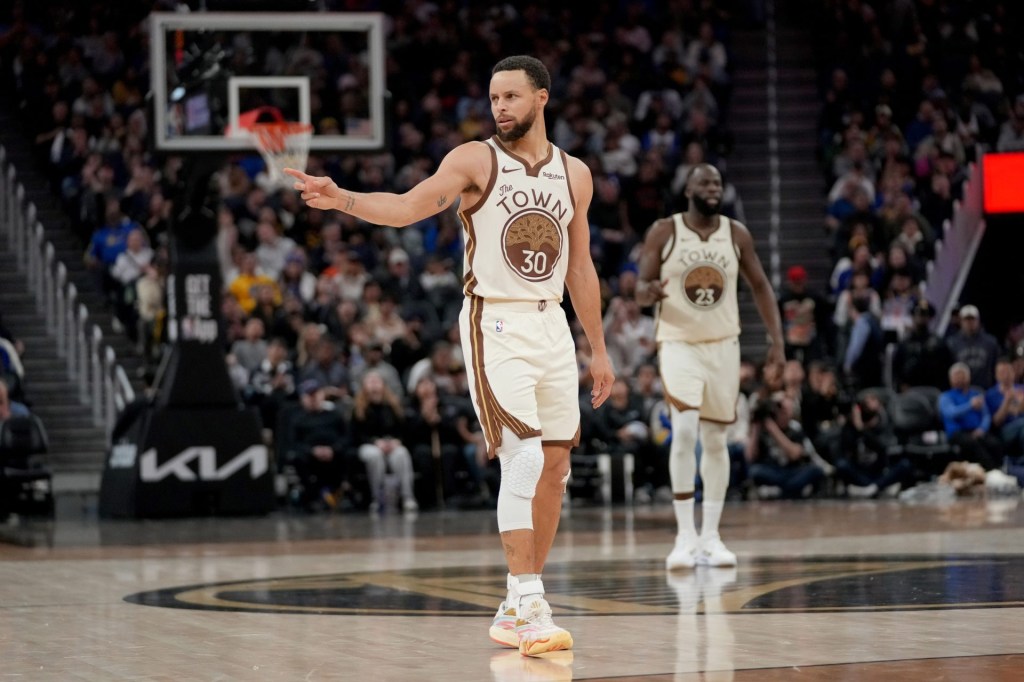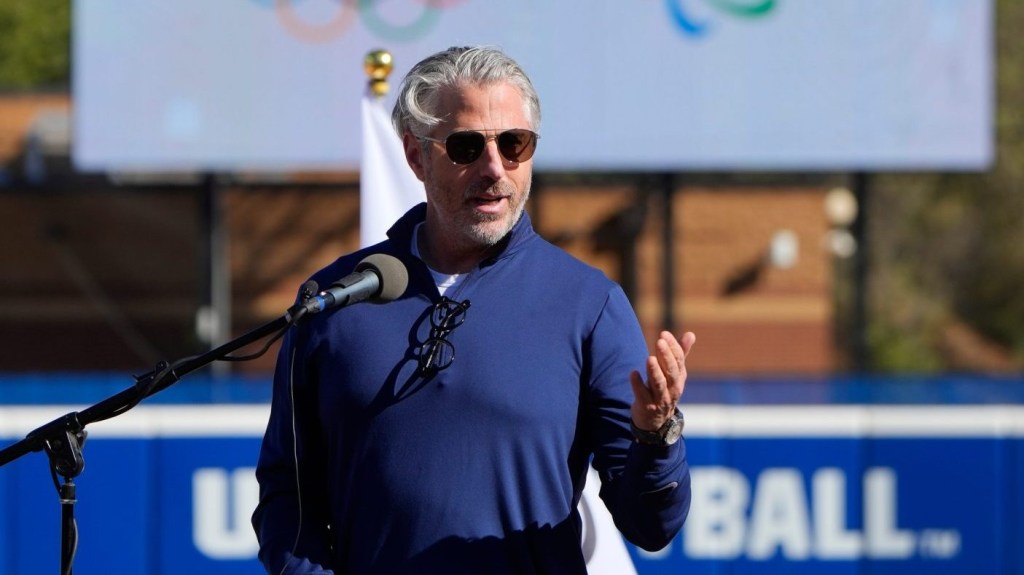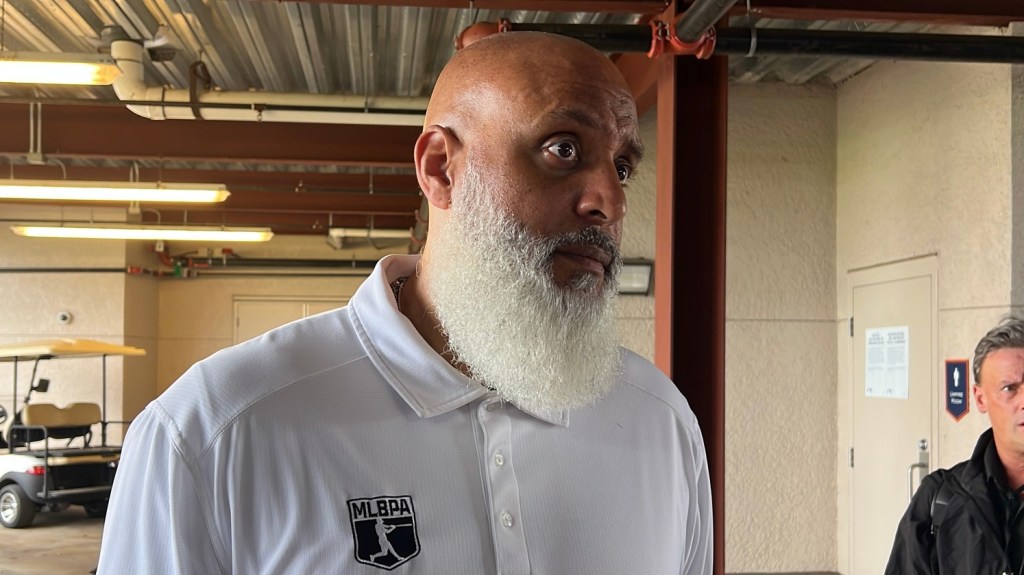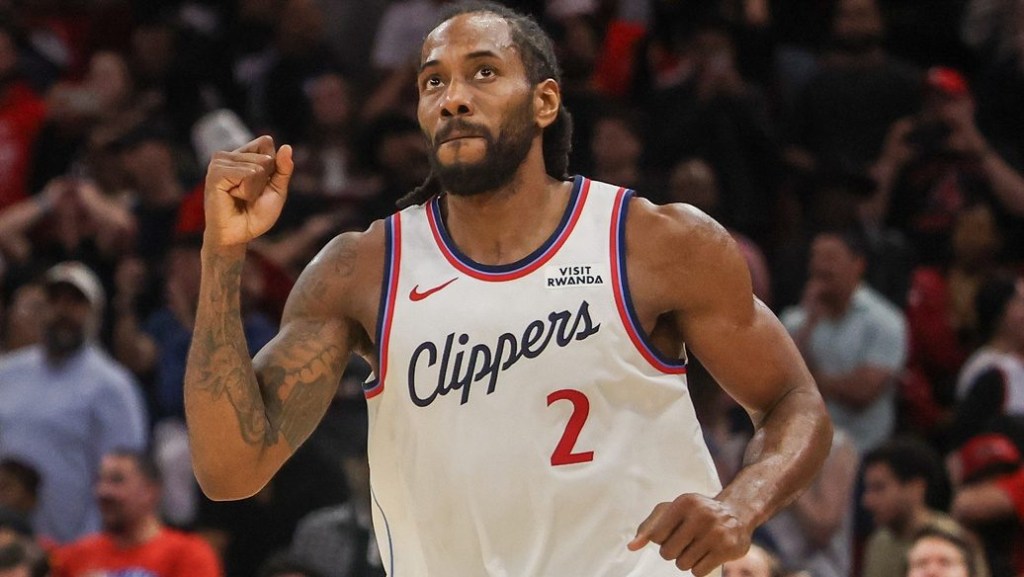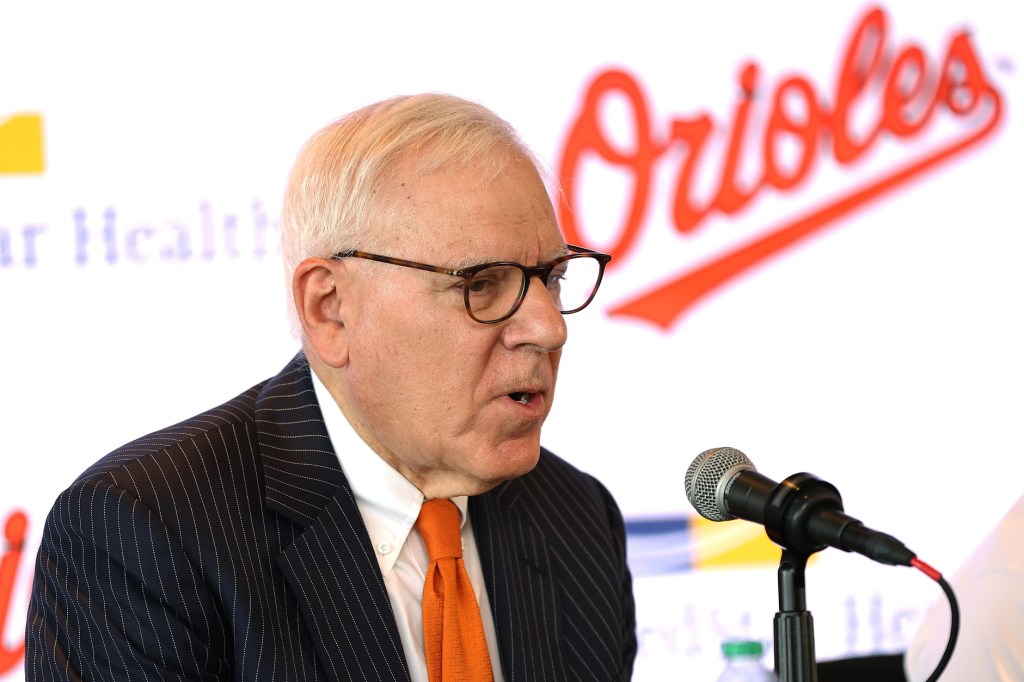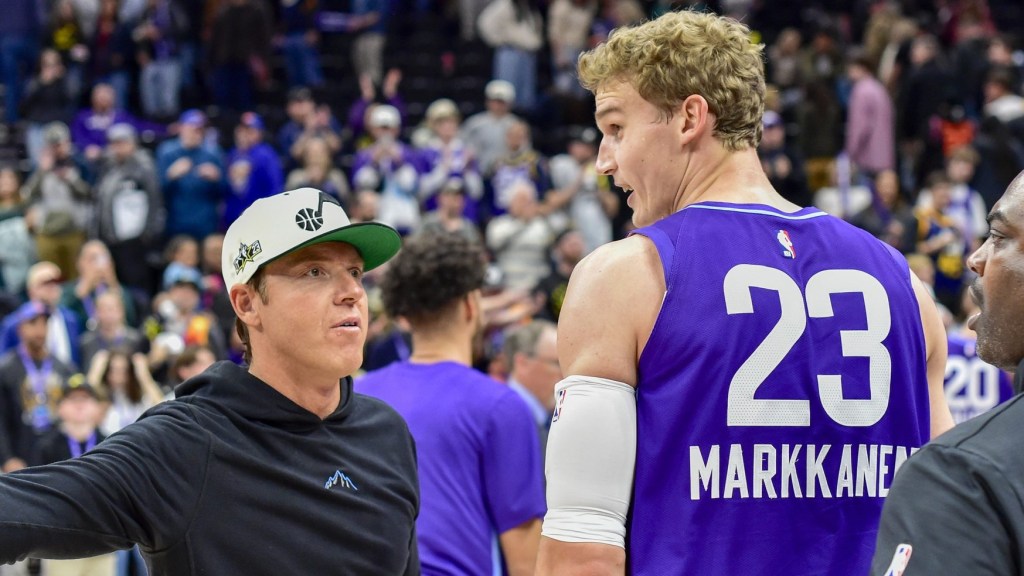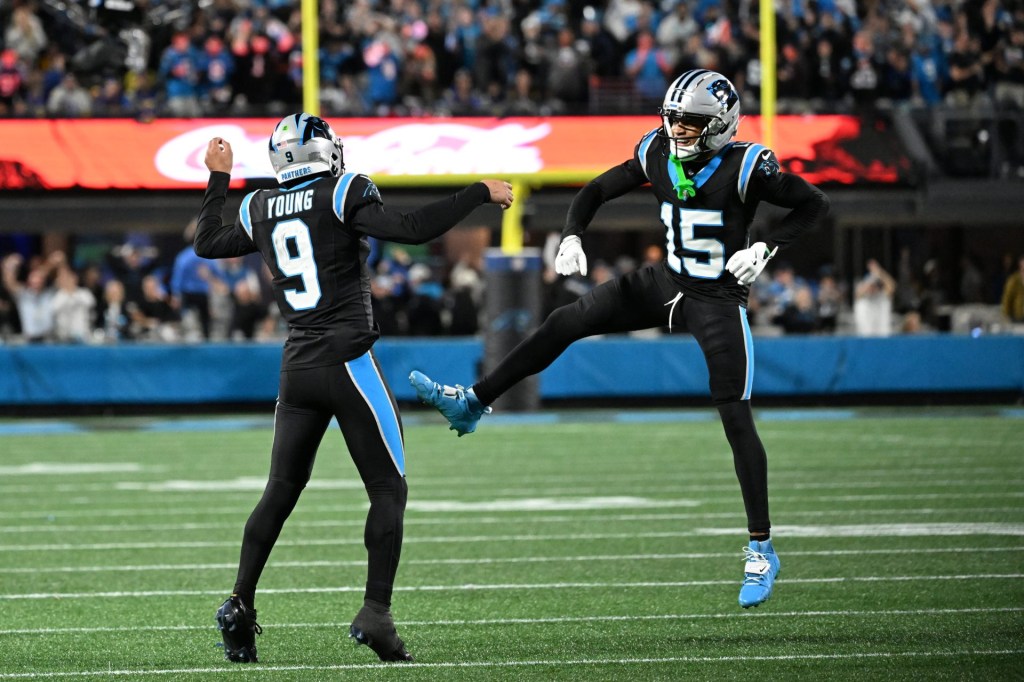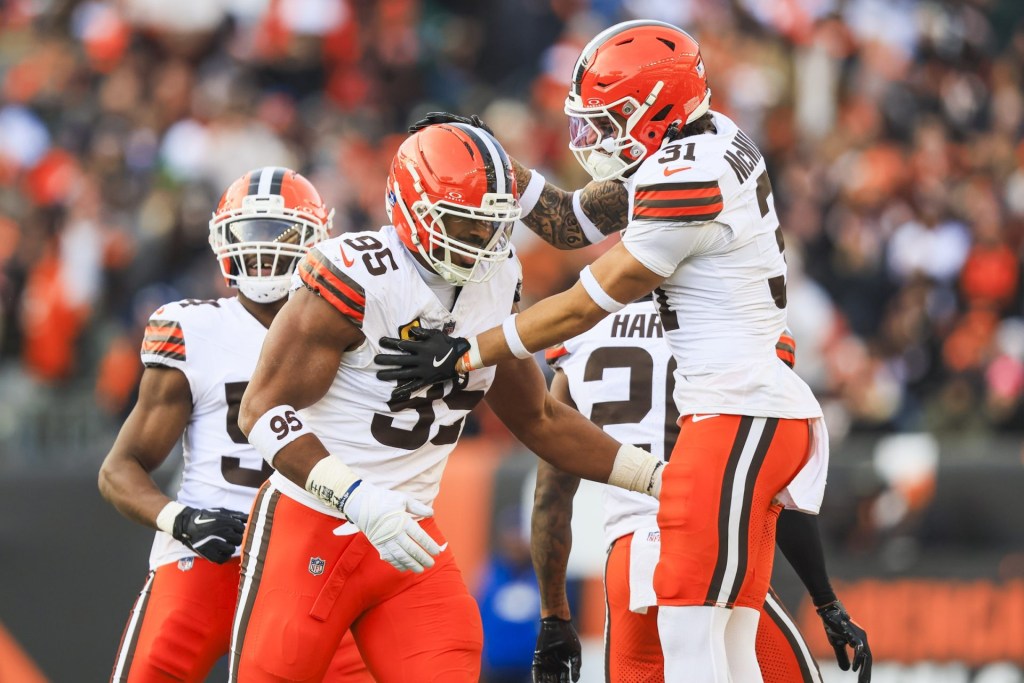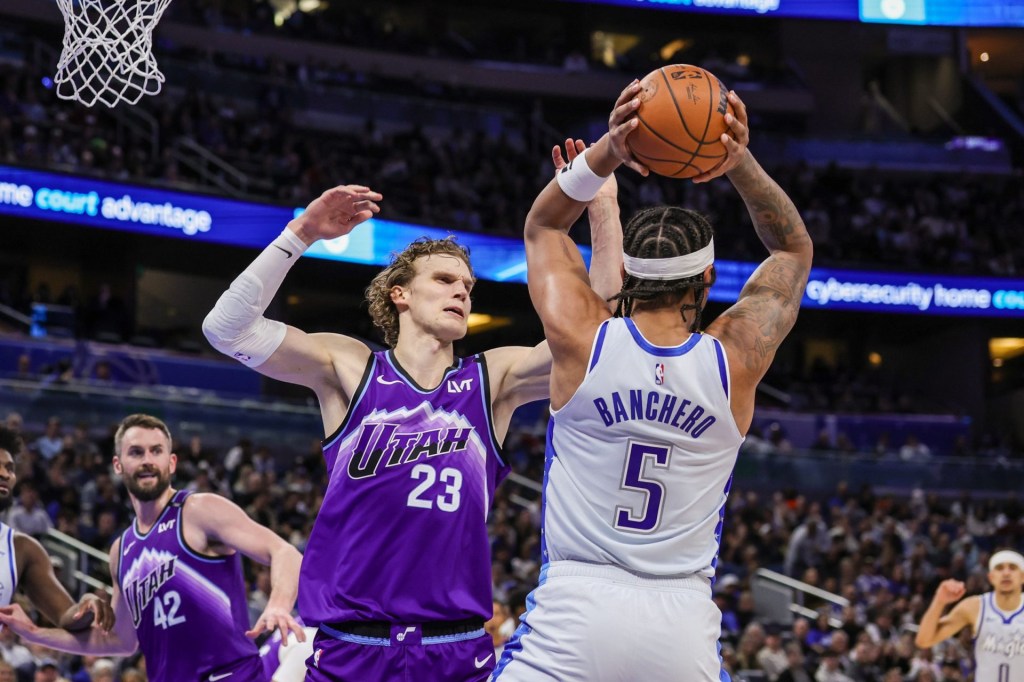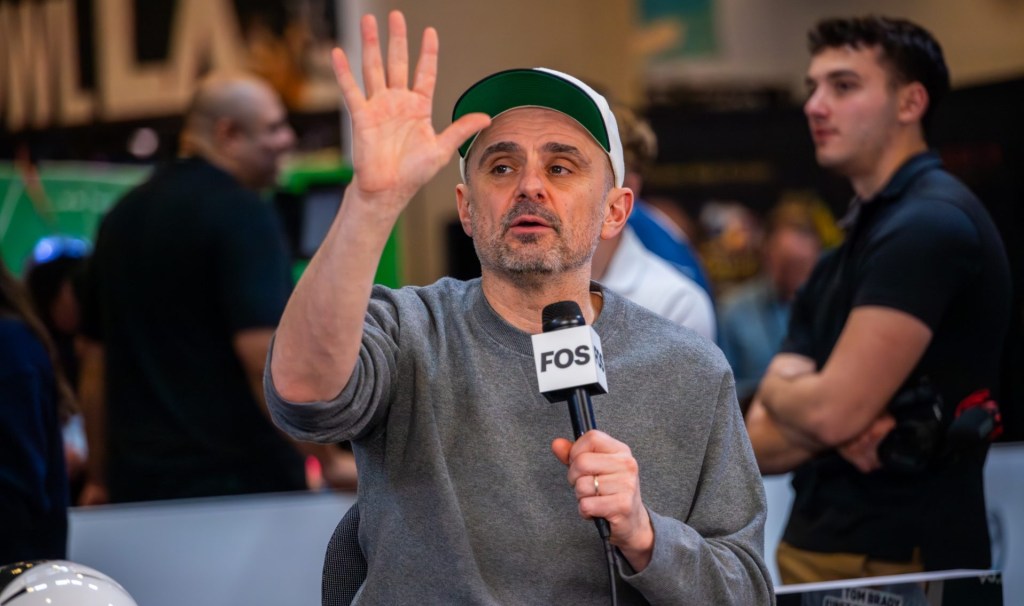For the second time in club history, Paris Saint-Germain will play in a Champions League final. Victory over three-time winner Inter Milan would confirm PSG’s place among Europe’s elite, 14 years after the club was bought and revamped by Qatar Sports Investments.
A PSG win would also bolster the footballing pedigree of Paris, a city that has punched below its weight on the European stage. Paris has hosted the match more times (six) than its teams have played in it (twice). Clubs from Madrid have made 21 appearances in the European Cup final since it was first contested in 1955, ahead of Milan (18), Munich (11), Liverpool (10), Turin (9), Barcelona (8), and Manchester (7).
But there are signs that PSG’s Qatari owners are learning from their mistakes. After buying the club from its previous U.S. owner, Colony Capital, for €100 million in 2011, they first opted to imitate the galácticos strategy employed by Real Madrid in the 2000s. Lionel Messi, Zlatan Ibrahimović, David Beckham, and Sergio Ramos were just a few of the superstars who were paid handsomely to spend the autumn of their careers in Paris. As PSG gained a reputation for offering huge wages, it was able to attract players on the up, too. It broke the world transfer record to acquire Barcelona’s Brazilian forward Neymar for €222 million in 2017 and a year later added Kylian Mbappé from Monaco for €180 million.
Although PSG commanded one of the starriest rosters in world soccer in years between the Qatari takeover and the appointment of Luis Enrique as coach in mid-2023, the project also carried a sense of underachievement. Its talent and resources easily overpowered the French domestic league, winning 9 of 13 titles. But it never translated to the Champions League.
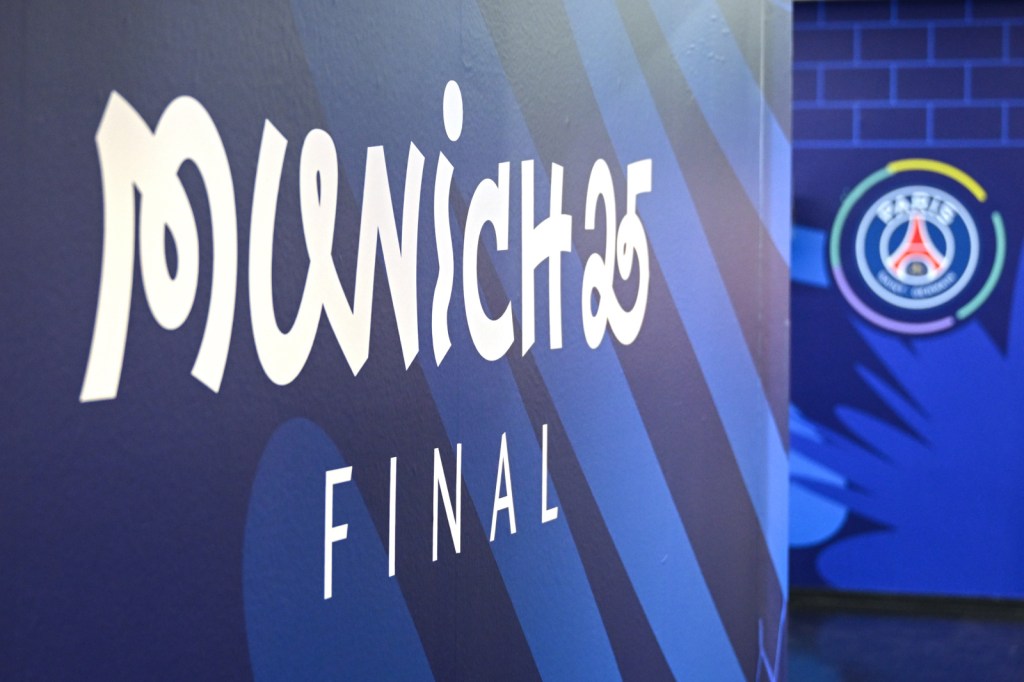
The team’s lack of resilience was never better demonstrated than in the 2017 competition. PSG beat Barcelona 4–0 in the first leg of its round-of-16 tie, a statement victory that appeared to have booked its spot in the quarters. But, inconceivably, the team lost the return leg 6–1, conceding three goals in the final minutes of the game. Such was its surprise at going through that Barcelona christened the game la remontada (the comeback).
Three years later, PSG reached its first final, only to lose a tight match to Bayern Munich. Worse, the only goal was scored by Kingsley Coman, who was born in Paris and spent a decade in PSG’s youth teams before the club allowed him to leave for Juventus at age 18. Many young players “don’t feel like they’re going to have a place at PSG when the club was buying so many expensive foreigners,” explains Jonathan Johnson, a Paris-based French soccer analyst. Weeks before Coman made his first-team debut, PSG had spent €40 million on a Brazilian, Lucas Moura, who played in the same position.
This is part of the paradox of PSG. For decades, it has been the only large club in the city that produces the most talent in the world. Research by the CIES Football Observatory highlights that from 2020 to 2025, France exported more players to the 85 European leagues than any other nation, while PSG sent more former youth players to the big five European leagues than any club besides Barcelona.
Of the 35 who were active in the top divisions of England, Spain, France, Germany, and Italy at the time of the CIES study, only five remained at PSG, compared with 12 of the 46 produced by Barcelona. Mike Maignan, Ferland Mendy, Moussa Diaby, and Christopher Nkunku were all shipped out by PSG to pay Messi’s and Zlatan’s wages and have gone on to have elite careers elsewhere.
The recipe and identity in 2025 are different. QSI is still spending heavily, but perhaps more sensibly. The core of the side—Georgian winger Khvicha Kvaratskhelia, Portuguese midfielders João Neves and Vitinha, and French forward Ousmane Dembélé—are on the upward curve of their careers, not rolling down the other side. Six members of the first-team squad came through the youth team. By defeating Liverpool and Arsenal in the knockout stages in thrilling fashion, this PSG team has won the respect of fans across the continent.
A deep run in the Champions League is a lucrative exercise. Reaching the final entitles PSG to approximately €75 million in prize money, plus an eight-figure share of the total broadcast revenue pool of €850 million. The club’s revenue stood at around €800 million in 2024, making it the third-richest club in the world, behind Real Madrid and Manchester City, according to Deloitte. Front Office Sports estimates 15% to 20% of this revenue is derived from its participation in the Champions League in 2023–24.
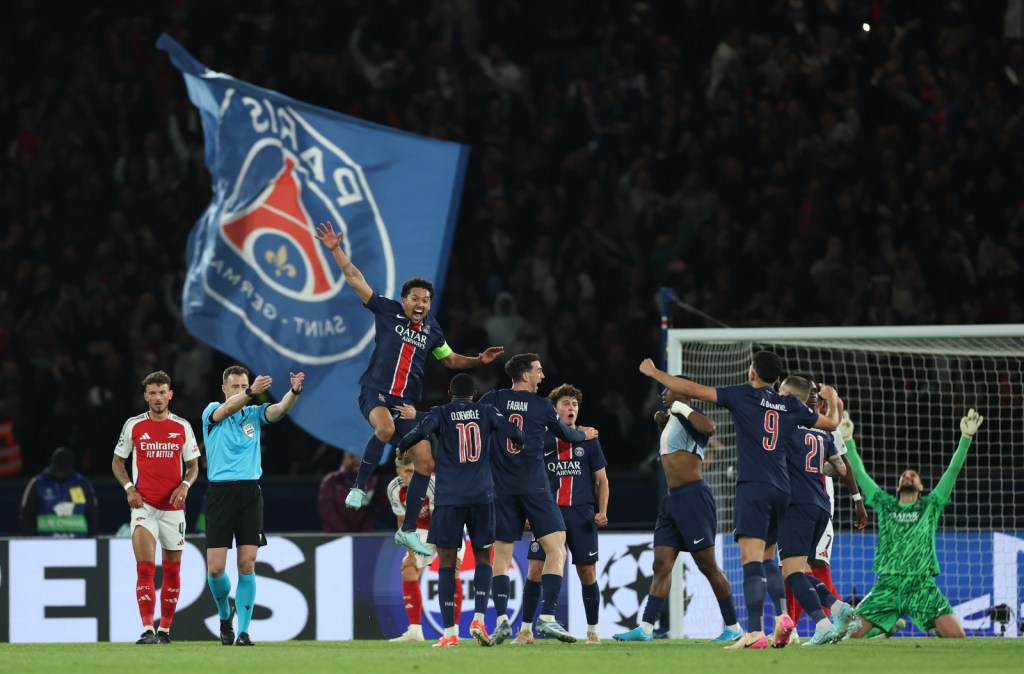
Regardless of the result in Munich, there are reasons to be encouraged about the trajectory of soccer in Paris. For the first time since 1990, the city will have two sides in Ligue 1 in 2025–26. (That itself is remarkable, given that London provides 7 of the 20 teams in the English Premier League.) Paris FC had spent decades yo-yoing between the second and third tiers of the French league, before the Arnault family bought a majority stake in the team in 2024. (Red Bull also acquired a minority share at the same time.) The team won promotion earlier this month.
“To be frank, Paris FC has no image at all,” argues Stéphane Villard of Deloitte, which produces the long-standing Football Money League report. “That is smart, because the Arnault family have good marketers and smart entrepreneurs and will create something interesting, but we don’t know what the story will be yet.” Paris FC, which was spun off from PSG in the 1970s, has yet to find its distinguishing characteristic: It has neither the clear identity of Red Star, a third Parisian club with strong left-wing and trade union ties, nor the trophy-winning history of Racing Club, a fourth team in the city. Even with the Arnault family’s financing and Red Bull’s know-how, it will take several years for the team to become competitive with PSG on the pitch. But its decision to move its home matches to the Stade Jean-Bouin means that Parisian soccer fans will have the novelty of a local derby. The stadium is quite literally across the street from PSG’s Stade de France.
Ahead of the momentous season for soccer in Paris, the league is braced for a chaotic summer. Ligue 1 and its domestic broadcast partner, DAZN, have agreed to cancel their €400 million a year deal after just a single year. The broadcaster believes it has overpaid and has not received the necessary cooperation from some of the league’s clubs. After a series of difficult relationships with broadcasters, the league is considering bringing production in-house and launching its own paid service. This is a move that other European leagues—including the much wealthier EPL—have previously considered. However, creating the product and rolling it out to millions of French soccer fans in less than three months is an unprecedented challenge.
Ligue 1 has advised its clubs not to include television revenue in their budgets for the 2025–26 season. For every team other than PSG, this means cutting projected income by around 50%. If the league succeeds, its teams will enjoy a windfall that could make them more competitive—in financial terms—with clubs in England, Italy, and Spain. But if it fails, only the Parisian sides and a couple of others have pockets deep enough to survive.

